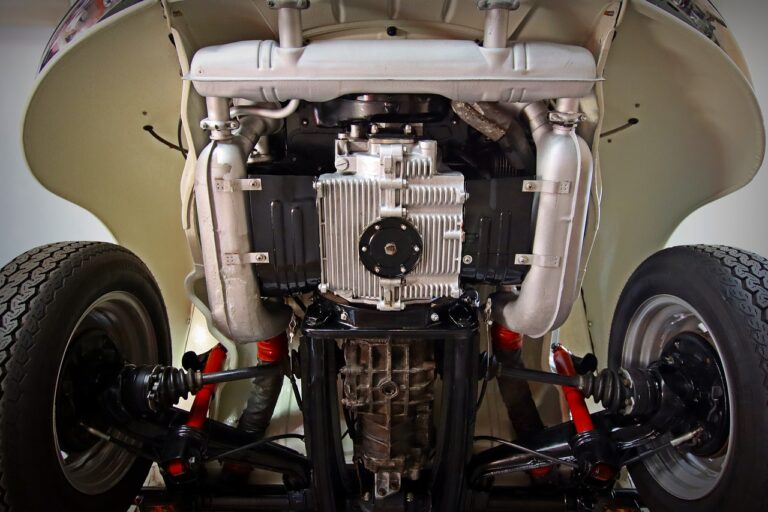Exploring the Potential of AI-Powered Car Manufacturing Process Optimization
Artificial intelligence (AI) has become a pivotal force in revolutionizing car manufacturing processes. By tapping into AI technology, automakers are able to enhance productivity, efficiency, and precision in different stages of production. Tasks that once relied heavily on human labor can now be executed with greater speed and accuracy through the implementation of AI algorithms and machine learning systems.
Incorporating AI in car manufacturing also brings about significant improvement in quality control measures. With the ability to analyze vast amounts of data in real-time, AI systems can detect potential defects or irregularities in the production line swiftly, allowing for swift intervention to maintain the high standards demanded by the industry. This proactive approach to quality assurance not only minimizes manufacturing errors but also contributes to the overall safety and reliability of the vehicles produced.
Benefits of Implementing AI in Car Production
Artificial Intelligence (AI) has revolutionized the car manufacturing industry by streamlining production processes and improving efficiency. Implementing AI in car production enables manufacturers to optimize operations, reduce errors, and enhance overall product quality. This technology allows for real-time monitoring and analysis of manufacturing data, leading to faster problem-solving and better decision-making, ultimately increasing production output.
Moreover, the use of AI in car manufacturing results in significant cost savings by minimizing waste and maximizing resource utilization. Through predictive maintenance and smart scheduling, manufacturers can prevent downtime and reduce maintenance costs, ensuring a smooth and uninterrupted production flow. By harnessing the power of AI, car manufacturers can enhance their competitiveness in the market by delivering high-quality vehicles at a faster pace, meeting consumer demands more effectively.
• AI streamlines production processes and improves efficiency
• Real-time monitoring and analysis of manufacturing data
• Faster problem-solving and better decision-making
• Significant cost savings through waste minimization and resource utilization optimization
• Predictive maintenance and smart scheduling to prevent downtime and reduce maintenance costs
• Enhances competitiveness by delivering high-quality vehicles at a faster pace
Challenges of Integrating AI in Manufacturing Processes
Implementing artificial intelligence in manufacturing processes poses several challenges. One major obstacle is the high initial investment required to integrate AI technologies into existing manufacturing systems. Companies may need to allocate significant resources towards upgrading infrastructure, training employees, and purchasing AI software and hardware. This financial commitment can be a deterrent for some businesses, especially smaller ones with limited budgets.
Another challenge is the potential resistance from employees towards adopting AI technologies in their daily work operations. Workers may feel apprehensive about the impact of AI on their job security or the quality of their work. It is crucial for companies to provide adequate training and communication to help employees understand the benefits of AI integration and alleviate any concerns they may have. Additionally, companies must ensure that the AI systems are user-friendly and do not disrupt the workflow of employees to facilitate a smooth transition to AI-powered manufacturing processes.
What is the role of Artificial Intelligence in car manufacturing?
Artificial Intelligence plays a crucial role in car manufacturing by optimizing production processes, predicting maintenance needs, and improving overall efficiency.
What are some benefits of implementing AI in car production?
Some benefits of implementing AI in car production include increased production efficiency, reduced downtime, improved quality control, and predictive maintenance capabilities.
What are some challenges of integrating AI in manufacturing processes?
Some challenges of integrating AI in manufacturing processes include high initial investment costs, resistance to change from employees, data privacy concerns, and the need for specialized training for employees.





